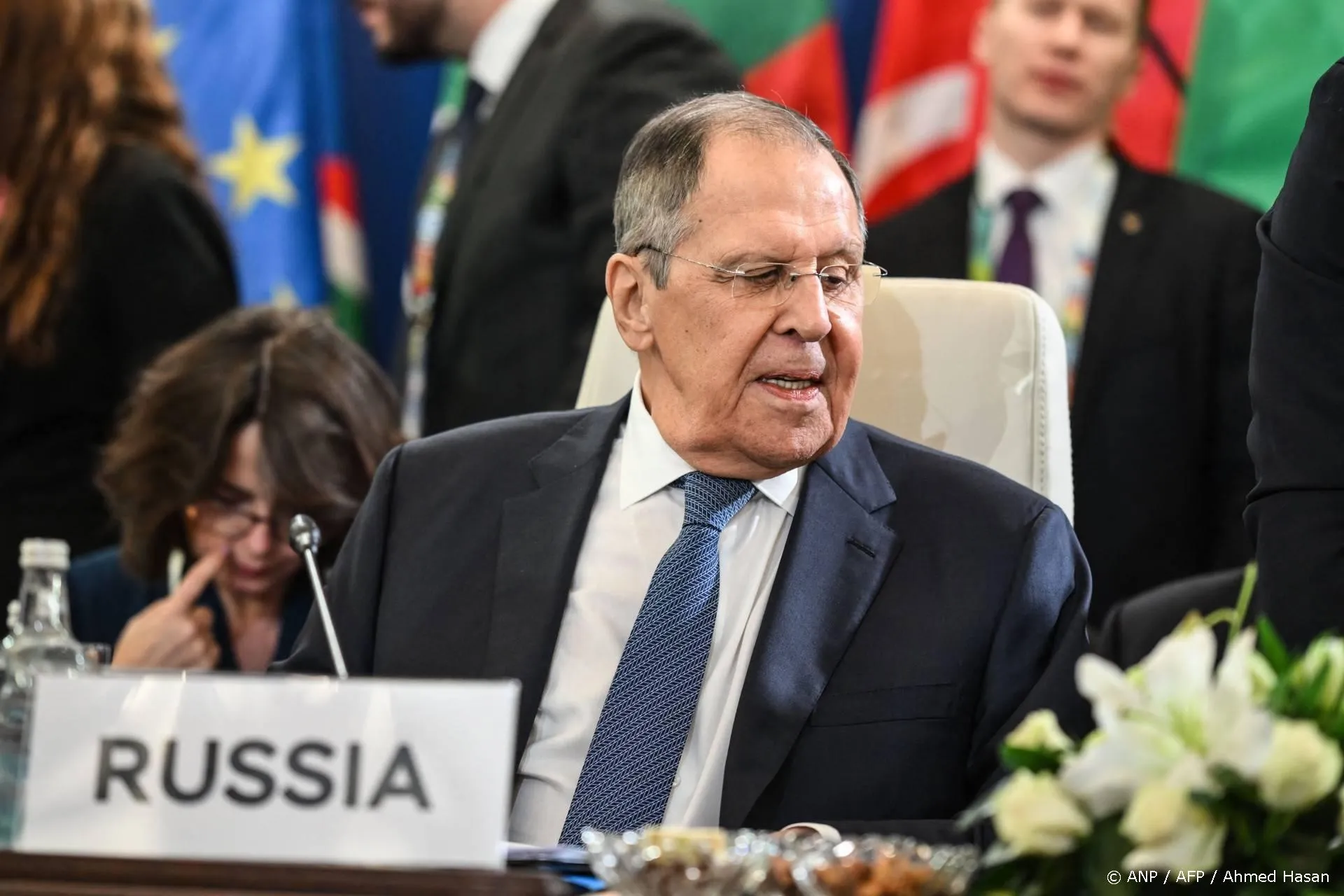CO2-emissiehandel: falend klimaatbeleid
Despite the emergence of regional climate policies, growth in global CO2 emissions has remained strong. From 1990 to 2008 CO2 emissions in developed countries (defined as countries with emission reduction commitments in the Kyoto Protocol, Annex B) have stabilized, but emissions in developing countries (non-Annex B) have doubled. Some studies suggest that the stabilization of emissions in developed countries was partially because of growing imports from developing countries. To quantify the growth in emission transfers via international trade, we developed a trade-linked global database for CO2 emissions covering 113 countries and 57 economic sectors from 1990 to 2008. We find that the emissions from the production of traded goods and services have increased from 4.3 Gt CO2 in 1990 (20% of global emissions) to 7.8 Gt CO2 in 2008 (26%). Most developed countries have increased their consumption-based emissions faster than their territorial emissions, and nonenergy-intensive manufacturing had a key role in the emission transfers. The net emission transfers via international trade from developing to developed countries increased from 0.4 Gt CO2 in 1990 to 1.6 Gt CO2 in 2008, which exceeds the Kyoto Protocol emission reductions.
Our results indicate that international trade is a significant factor in explaining the change in emissions in many countries, from both a production and consumption perspective. We suggest that countries monitor emission transfers via international trade, in addition to territorial emissions, to ensure progress toward stabilization of global greenhouse gas emissions.
What does all that mean? It means that the developed countries are simply moving their CO2-intensive industry off their territory, and placing it on territories that are exempt from mandatory reductions, i.e developing countries. This what they call emissions transfer. The result: less CO2 emissions at home, but huge, greater increases in the less efficient country that took over the industry. This is what the study has confirmed. Indeed the whole scheme backfires because undeveloped countries often have lower environmental and technical standards, and so produce the goods with considerably higher emissions and real pollution.
Then add the transport of these goods from these developing countries back to Europe or North America, which adds even more CO2. And lets not even look at the biofuels debacle the fossil fuel hysteria led to. ...
So what do the environmental and economic masterminds intend to do about it? Not much for now. Solving the emissions transfer problem of course would mean massive interference in global markets and end up punishing developing countries. The authors recommend:
"We suggest that countries monitor emission transfers via international trade, in addition to territorial emissions, to ensure progress toward stabilization of global greenhouse gas emissions.
Monitor? Now they dont mean that countries start thinking of ways to restrict trade, now do they? The more they meddle with the economy and trade, the more they are going to mess everything up.
Lees ook
Loading


